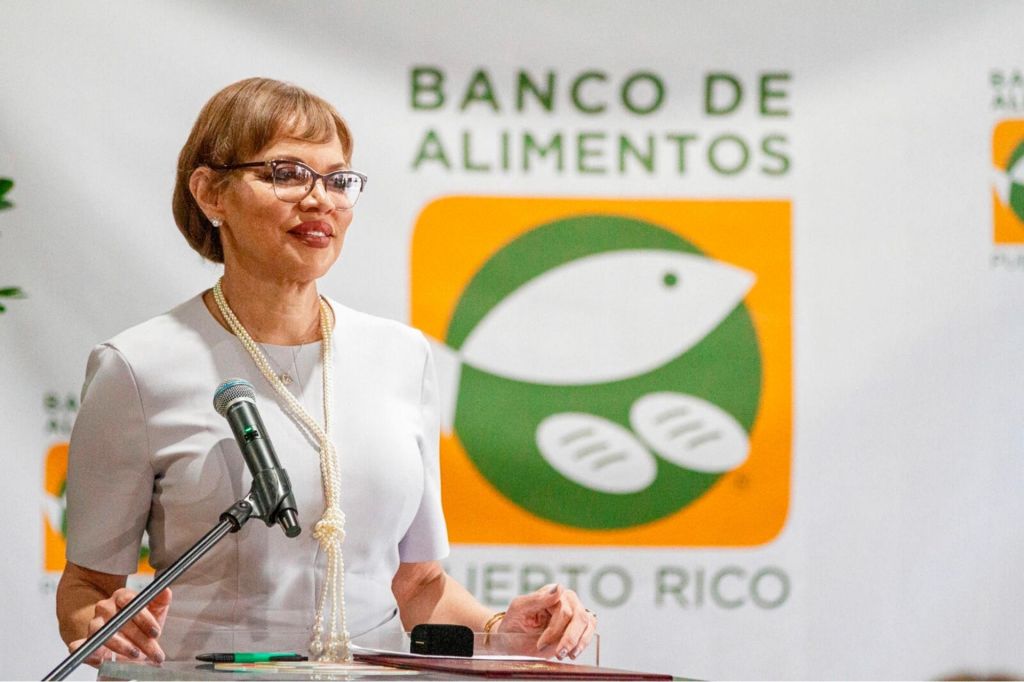Helping to End Hunger

Claire Babineaux-Fontenot believes it’s possible to end chronic, or long-lasting, hunger in the United States. She’s the CEO of Feeding America. It’s the largest hunger-relief charity in the country. In the past year, Feeding America’s nationwide network of 200 food banks provided more than 6 billion meals. TIME’s Eben Shapiro spoke with Babineaux-Fontenot.
What does being chronically hungry do to the body and to the soul?
Nothing good. The [foundation] for every good outcome that people have [is] access to nutrition. Being denied access to nutritious food has so many negative implications.
Why does the richest country on Earth have this terrible food-insecurity problem?
I have asked myself that question. And the answer is, there’s no good reason. [America] is rich with opportunities. It’s just that those opportunities are not equal, right? I think the first barrier to solving [hunger] is to acknowledge that it exists. With that big dark cloud of COVID came a silver lining. It brought this issue out of the shadows at a time when we couldn’t look away. We couldn’t ignore it. We’re all at our houses, watching television, and we see all of these people lined up for food.
What is the fundamental, or main, problem?
We produce more than enough food to feed every person in this country. We throw away more than enough food to ensure that every person in this country has enough to eat.
How does Feeding America rescue food and get it into the hands of the community?
We have relationships with grocers. Rather than allow food to spoil, they gift that food to us and we provide it to people in need. We have relationships with restaurants. Rather than have food that didn’t sell get wasted, we can match it with people in need of help. Sometimes, manufacturers might have a big load of cereal, and somehow the boxes got bent. But it’s perfectly good. So we match that with people facing hunger.
You have a vision of a country where no one is hungry.
We can solve chronic hunger in this country. We sometimes talk about feeding the [people in]line. The other side of it is shortening the line. We do not [want] people to need to come to us.
Can we solve hunger by the end of the decade?
I don’t believe that we will end chronic hunger by the end of the decade. [But] by the end of the decade, we can have tested and learned practices for how to do that. We can be in the process. And over the course of a couple of decades, I think we can get there.








